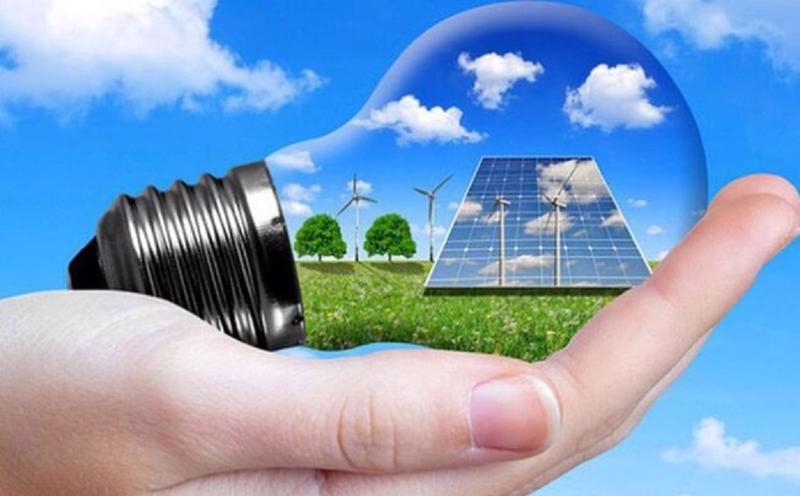At a national conference held in central Da Nang city on September 19, energy efficiency was raised for discussion, aiming at ensuring electricity supply in an effective manner, economical consumption of electricity, environmental protection and climate change mitigation.
The national program for thrifty and efficient use of energy for the period of 2019 – 2030
Decision on approval of the National Energy Efficiency Programme (VNEEP) for the period of 2019-2030
Organized by the Ministry of Industry and Trade (MoIT), the event assessed the progress of the National Energy Efficiency Program (VNEEP3) for the period of 2019-2030, which was approved at Prime Ministerial Decision No 280/QĐ-TTg (Decision 280), dated March 13, 2019.
The conference also outlined future directions for the implementation of the VNEEP for 2025 and beyond.
Decision 280 set a goal of saving 5-7% of total national energy consumption by 2025 and 8-10% from 2019 to 2030, equivalent to approximately 60 million tons of oil equivalent (TOE).
Directive No 20/CT-TTg of the Prime Minister (Directive 20), issued in June 2023, established a target of saving 2% of electricity consumption annually and outlined solutions for ministries, sectors, localities, and electricity users to achieve this goal.
Regarding VNEEP3's implementation, Ms. Nguyen Thi Lam Giang, Head of MoIT's Department of Energy Efficiency and Sustainable Development, reported that 60 out of 63 provinces and cities had issued local implementation plans. Additionally, all 63 localities had developed plans or directives to implement Directive 20.
The electricity saving program achieved a national electricity saving rate of over 2% annually from 2020 to 2023, according to Ms. Giang.
Ms. Giang highlighted the need to amend and supplement the Law on Use of Energy Efficiency and Conservation, enacted in 2010. The law requires updates to strengthen mandatory regulations and sanctions, as well as clarify preferential mechanisms and incentives.









 Google translate
Google translate